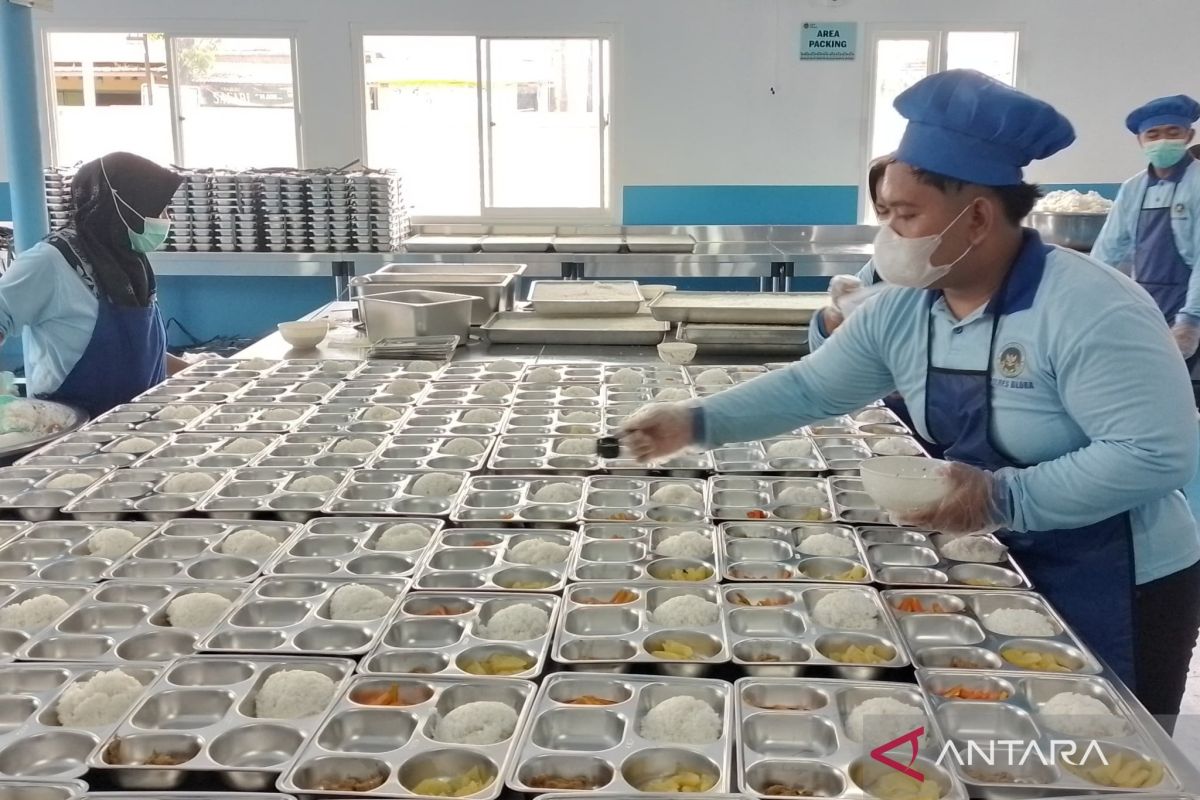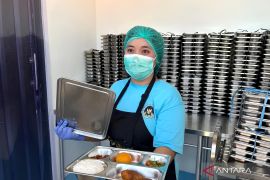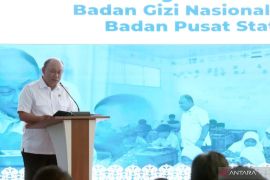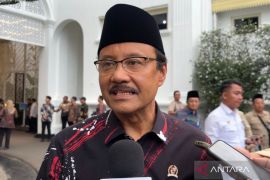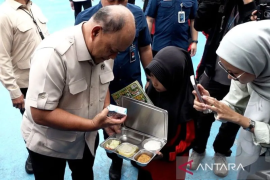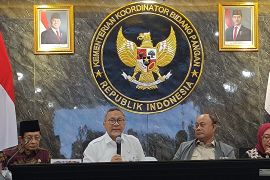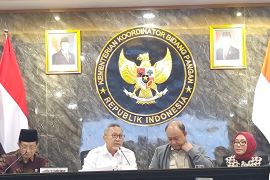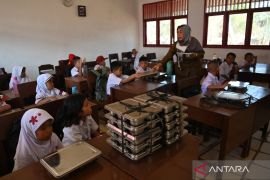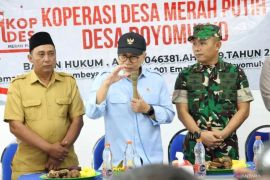“This program seeks to transform society by developing a new people-centered economic structure,” Hasan stated during a working visit here on Sunday.
He said MBG is intended not only to meet nutritional needs but also to build a stronger and more sustainable grassroots economic ecosystem.
Hasan outlined the scale of daily food demand required for the 2026 rollout. With an estimated 82.9 million beneficiaries, the need for basic ingredients will rise sharply.
If each beneficiary requires one egg per day, he said, then 82.9 million eggs must be supplied daily. A similar volume applies to fish if it is served as the main protein source.
He noted that such demand will mobilize multiple sectors, including poultry, agriculture, and fisheries.
MBG, he emphasized, should not be viewed merely as a consumption initiative but as a program closely linked to empowering food producers across the country.
Related news: Indonesia touts free nutritious meals program as global model at G20
He added that the program’s multiplier effects will be widely felt at the grassroots level. Increased demand for eggs, fish, vegetables, and other staples is expected to strengthen local supply chains.
“This will build the people’s economy and stimulate community-based economic activity. Food assistance in this program brings broad impacts, so let us succeed in it together,” he said.
Hasan also assured that national food availability remains secure, stating that the government continues to take anticipatory steps to maintain smooth distribution and stable prices.
The MBG program is expected to help reduce stunting, improve children’s nutrition, and enhance the people-based food economy. It also aims to expand opportunities for small farmers, fishers, and local producers by increasing predictable demand across regions.
Related news: Govt seeks diverse protein sources for 82.9 mln MBG servings in 2026
Translator: Rendra, Kenzu
Editor: Rahmad Nasution
Copyright © ANTARA 2025
